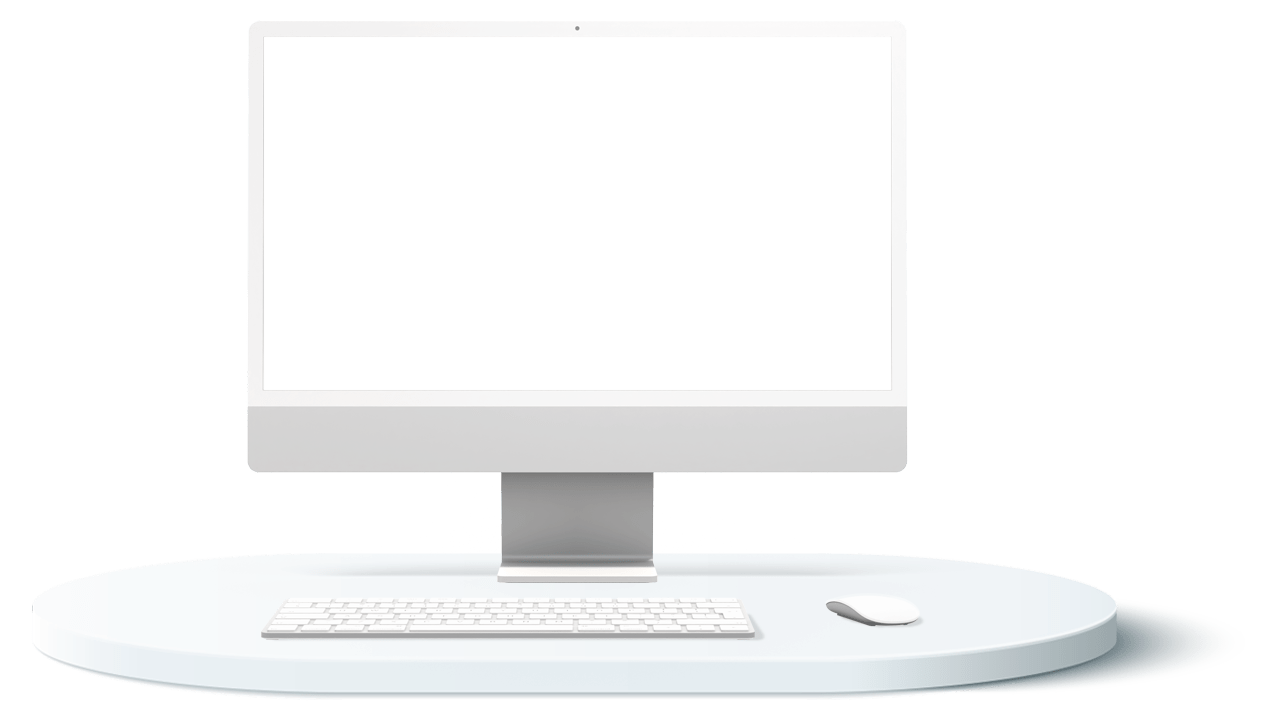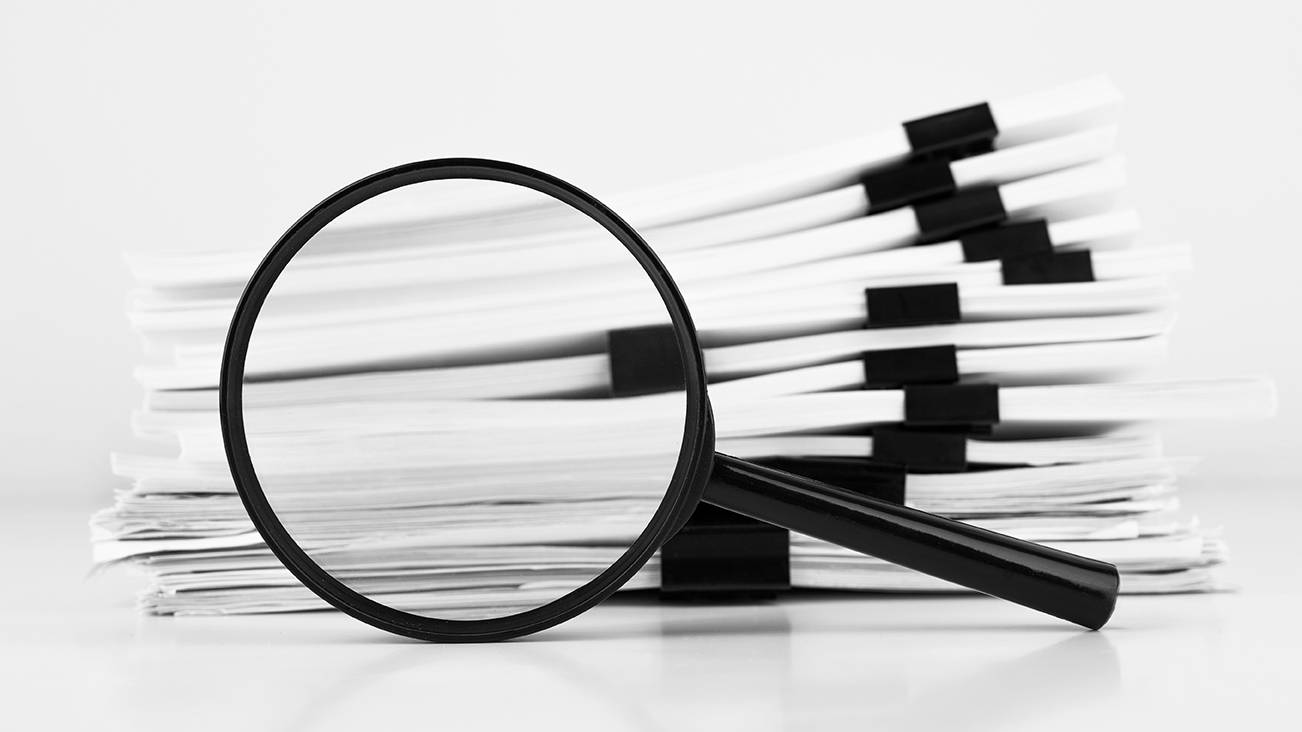

$364.00 – $404.00
Webcasts are available for viewing Monday – Saturday, 8am – 8pm ET.
Without FlexCast, you must start with enough time to finish. (1 Hr/Credit)
Purchasing Guidebook
Format
Self-Study
Course Level
Overview
CPE Credits
14 Credits: Production
Course Description
The purchasing function has a dramatic impact on the profitability of a business, and so must be carefully managed. The Purchasing Guidebook is an essential tool for doing so, since it shows how the department’s performance can be fine-tuned. The course focuses on supplier selection and management, the competitive bidding process, negotiations, and contract management. It also addresses the many ways in which purchasing can be used to control costs in the areas of inventory management, logistics, and quality, while also providing the financial tools to improve a number of purchasing decisions. In short, the Purchasing Guidebook is a required toolkit for the purchasing professional.
Learning Objectives
Upon successful completion of this course, participants will be able to:
- Recognize the reporting relationships for a purchasing department, how the role of the department changes in a multi-division environment, the responsibilities of each position, and the purchasing manager’s responsibilities related to ethics.
- Describe the process flows related to requisitions, purchase orders, and competitive bidding.
- Identify the methods available for rolling out a procurement card system.
- Specify the considerations and criteria involved in supplier selection.
- Identify the methods used to attend to supplier needs, and recognize the contents of a supplier scorecard.
- State the circumstances under which competitive bidding should be used, the types of supplier qualifications, and when a reverse auction might be a viable option.
- Identify the situations in which negotiations may be needed, the types of positions that may be taken, and the characteristics of a successful negotiator.
- Identify the types of clauses that may be included in a contract with a supplier, and the key differences between a contract and a purchase order.
- Specify the costs associated with inventory, how inventory record accuracy can be improved, and how to mitigate the effects of a supply chain bottleneck.
- Recognize the different types of shipping terms, logistics performance goals, and characteristics of the different types of transport.
- Identify the uses to which a spend management system can be put, how it is used, and the expected outcome of a spend compliance program.
- Define the concept of quality, identify the goals of six sigma, and note how a corrective action process is used.
- Recognize the pricing systems used by suppliers, and how a target costing system works.
- Specify the key points in a leasing agreement to negotiate, the advantages of using leases, the methods for improving the financial results of a business, and how to improve the learning curve experienced by suppliers.
- Identify the circumstances under which a supplier is more likely to accept a supply chain financing offer.
- Specify the measurements to use when attempting to reduce purchase orders and suppliers, and to emphasize the use of certified suppliers.
- Identify the components of a material requirements planning system, and the types of electronic notifications that can be provided to a buyer by a seller.
Course Specifics
SS624383162
May 8, 2024
There are no prerequisites.
None
309
Compliance Information
CMA Notice: Western CPE makes every attempt to maintain our CMA CPE library, to ensure a course meets your continuing education requirements please visit Insitute of Management Accountants (IMA)
CFP Notice: Not all courses that qualify for CFP® credit are registered by Western CPE. If a course does not have a CFP registration number in the compliance section, the continuing education will need to be individually reported with the CFP Board. For more information on the reporting process, required documentation, processing fee, etc., contact the CFP Board. CFP Professionals must take each course in it’s entirety, the CFP Board DOES NOT accept partial credits for courses.
Meet The Experts

Steven M. Bragg, CPA, is a full-time book and course author who has written more than 300 business books and courses. He provides Western CPE with self-study courses in the areas of accounting and finance, with an emphasis on the practical application of accounting standards and management techniques. A sampling of his courses include the The New Controller Guidebook, The GAAP Guidebook, Accountants’ Guidebook, and Closing the Books: An Accountant’s Guide. He also manages the Accounting Best Practices podcast. Steven has been the CFO or controller of both public and private companies and has been a consulting manager with Ernst & Young and …
Related Courses
-
 Production
Production
Constraint Management
Steven M. Bragg, CPA QAS Self-Study
Credits: 10 $290.00
QAS Self-Study
Credits: 10 $290.00$290.00 – $320.00
-
 Production
Production
Operations Management
Steven M. Bragg, CPA QAS Self-Study
Credits: 18 $396.00
QAS Self-Study
Credits: 18 $396.00$396.00 – $436.00
-
 Production
Production
Contract Management
Steven M. Bragg, CPA QAS Self-Study
Credits: 6 $174.00
QAS Self-Study
Credits: 6 $174.00$174.00 – $204.00
